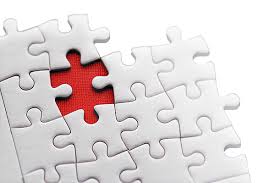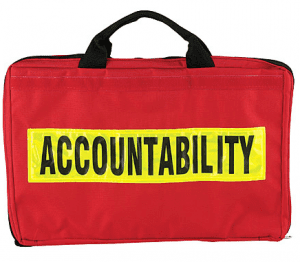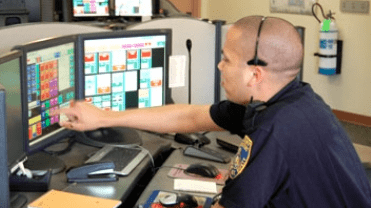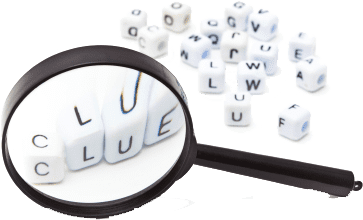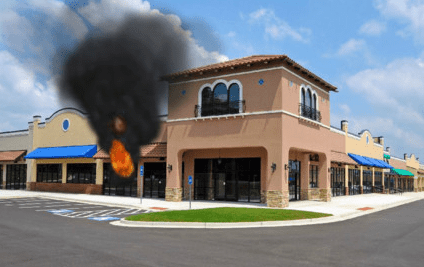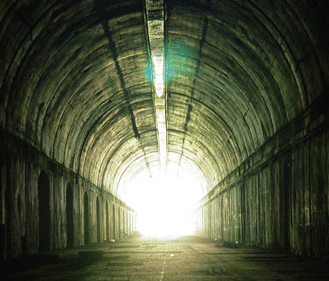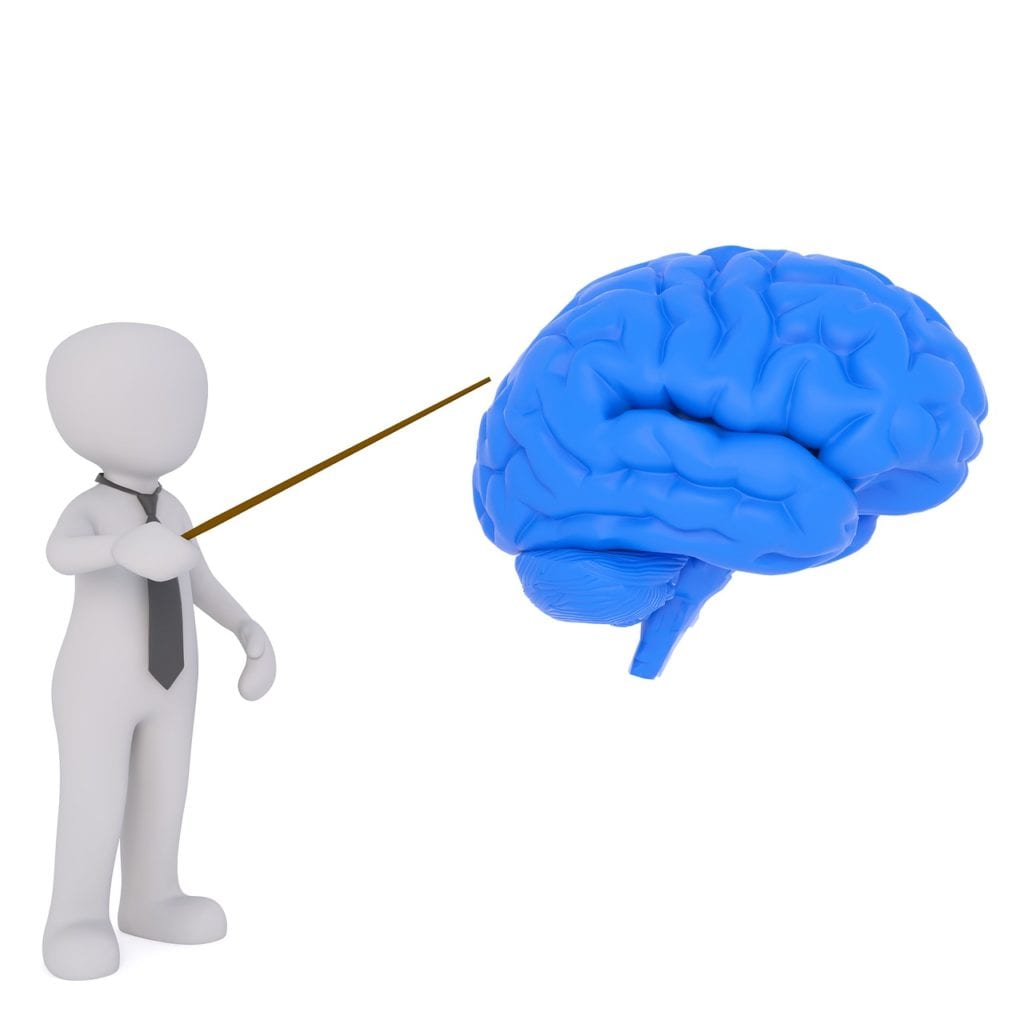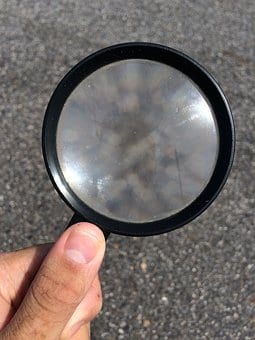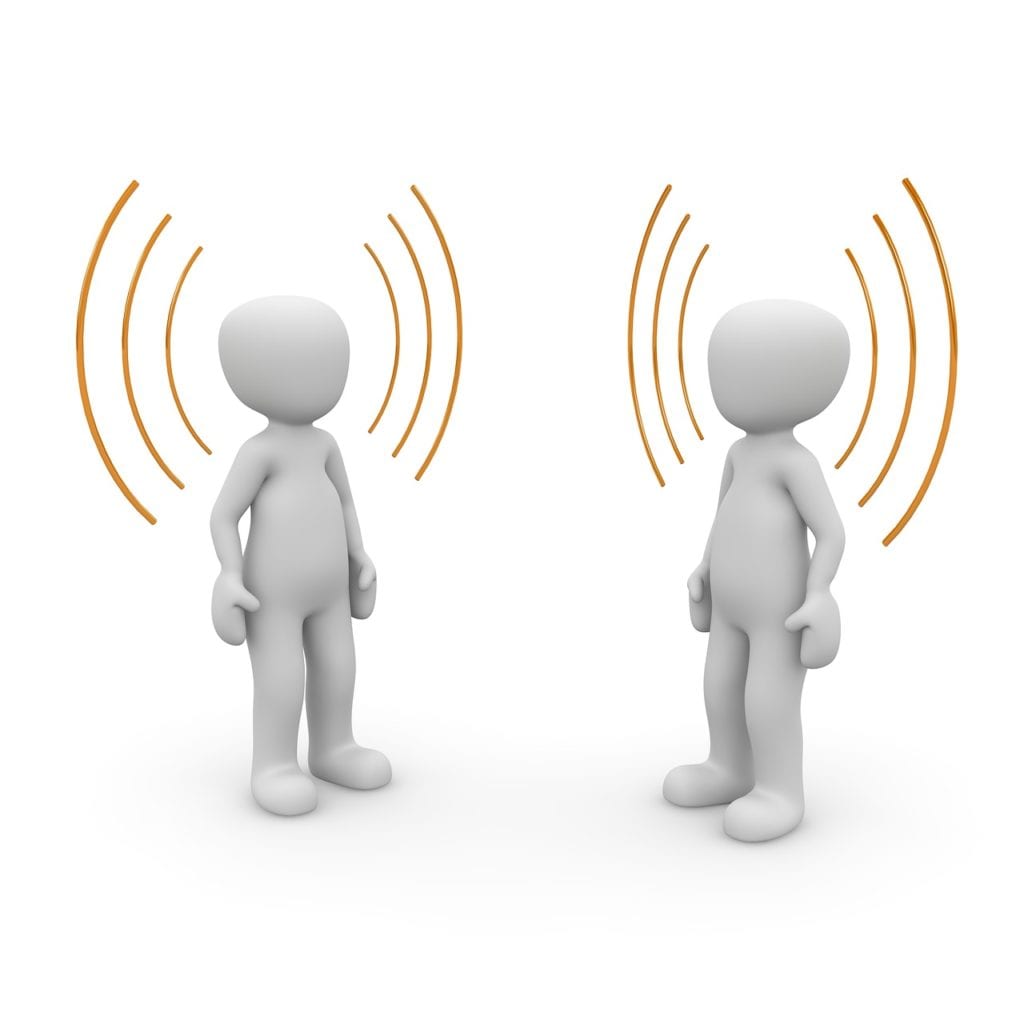Missing puzzle pieces
The formation of situational awareness begins with perception. What you perceive becomes the foundation for understanding. What you understand then becomes the primer for prediction: Perception – Understanding – Prediction. This is how situational awareness is formed. Let’s explore one of the barriers to situational awareness that can occur if you shortcut the size-up process. […]
Missing puzzle pieces Read More »

